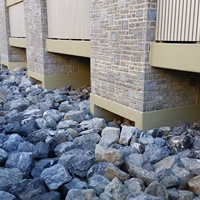
Addressing stormwater controls early in facilities design and incorporating multiple solutions can yield cost savings and long-term benefits to a campus and its neighbors.
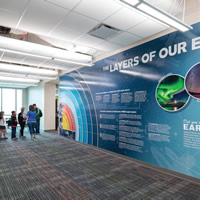
The structure and surrounding landscape can be active learning tools.
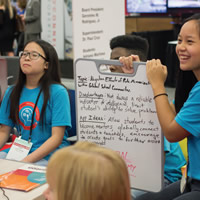
The key to engaging students in learning.
Accessibility in higher education has many different implications and can be viewed from either a physical, economic, or social standpoint.
Colleges and universities across the U.S. are creating workforce development centers to educate and train a new workforce. Programs frequently fall into two categories: industry-specific skilled trades training and automotive engineering training.
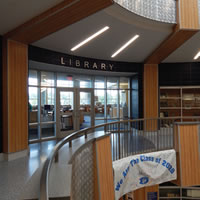
The interior spaces where students’ high school careers and experiences unfold are of prime importance to those young people, faculty, staff, and administrators. The best such spaces help districts and individual schools express and realize their goals while guiding high school students toward achieving theirs.
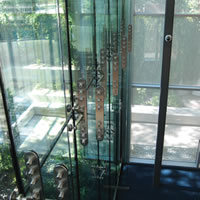
Today's community colleges are interested in placemaking, in creating campuses where students learn, linger, and interact. With an eye to design, here are three examples of community colleges stepping up their interior spaces to improve the student experience.
An update on how the planning has come into being on the BGSU campus.
Enhancing k-12 facilities management by leveraging BIM data.
Educating more than 12 million students each year, community colleges play a critical role in expanding post-secondary education opportunities. CP&M recently spoke with Richard Miller, FAIA, LEED-AP, BD+C, national higher education practice leader at Hoefer Wysocki, to learn more about the role of community colleges in training an employment-ready workforce.
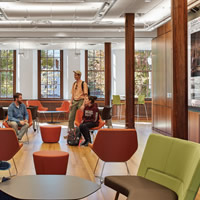
What higher education can learn from kindergarten classroom design.